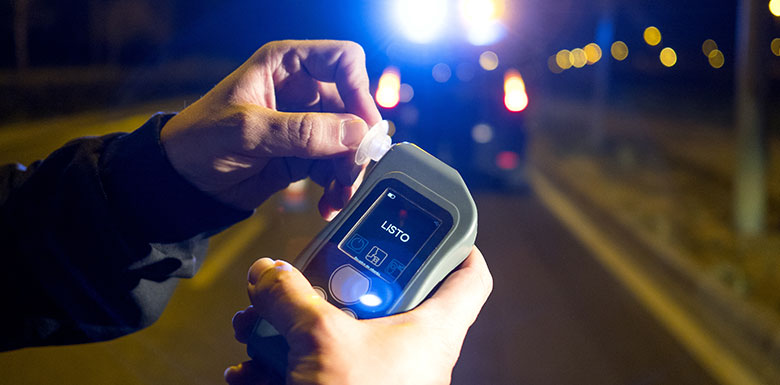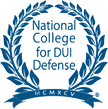
Washington authorities are under fire for adopting a new generation of breathalyzers that likely rely on faulty code. A recently leaked, yet unofficial report about the code suggests that DRAEGER breathalyzers contain flaws that can result in incorrect test results under certain conditions. And in Massachusetts, where the police also use the Draeger Alcotest 9510, some courts are refusing to allow breathalyzer test results into evidence until the state can independently verify the device’s accuracy.
In Washington, the state police have yet to officially validate the new breathalyzer. But a spokesperson for the Washington State Patrol told the media that it has “tested and approved the instrument that best fit our business needs,” showing little interest in choosing a breathalyzer that suits justice by providing accurate results in all conditions.
If you or a loved one has been tested on a DRAEGER breathalyzer and arrested for DUI (driving under the influence of alcohol or drugs), Emerald City Law Group can help. Call us today at (206) 973-0407, or reach out online to schedule a free case consultation with a skilled Seattle DUI attorney.
What’s Wrong With Washington’s Breathalyzers?
At the order of a Washington criminal defense lawyer who wanted to invalidate the results of a breathalyzer test in a DUI case, a software engineer and a security researcher examined the source code of the DRAEGER Alcotest 9510. Their preliminary report contained troubling findings concerning not only the devices, but also how Washington has been using them:
- With warm breath temperatures, the devices can return an inflated blood alcohol content (BAC) reading.
- The devices do not always notify the user that a test has been performed in breath temperature conditions that exceed their operational requirements.
- Washington law enforcement agencies do not take precautions to ensure the breathalyzers are operating under acceptable breath temperatures.
- The code that corrects for degrading fuel cells does not do so adequately, because it takes into account only age of the device, not the number of uses.
- Washington authorities only calibrate their devices for the first six months.
At the conclusion of their preliminary report, the researchers stated they are “skeptical” about the capacity of the Alcotest 9510 to produce reliable BAC tests. However, the researchers have also stated that “no one in possession of the report should rely on it for any purpose.”
Other States are Having Issues With DRAEGER Breathalyzers
Fortunately, we do not need to rely on that unpublished preliminary report to see that DRAEGER breathalyzers have issues. An earlier version of the Alcotest device, which uses similar code, was the subject of extended litigation in New Jersey. In the end, that state’s Supreme Court ruled that the breathalyzers were “generally scientifically reliable,” but with the qualification that they be reconfigured to account for varied testing conditions. It is unclear whether New Jersey’s law enforcement agencies took any measures to ensure that their DRAEGER devices are returning accurate BAC readings.
In Massachusetts, on the other hand, courts are taking a firm stance against inaccurate BAC testing devices. There, it turned that only two of the state’s 392 testing machines had been properly calibrated, so a district court judge ruled in 2014 that readings from the machines were “presumptively unreliable,” meaning that prosecutors would need to proactively prove their accuracy at trial.
Call a Seattle DUI Lawyer for Help
In Washington, the authorities have given no indication that the DRAEGER Alcotest 9510 will be independently verified for accuracy. Nor are they taking any other steps to ensure that the use, calibration, and maintenance policies of the device will result in scientifically valid results. But as more Washington DUI defense lawyers raise the issue, it is likely that the state will eventually take action to ensure the accuracy of these devices. If you’ve been arrested for DUI, call Emerald City Law Group today at (206) 973-0407, or reach out via the online form to schedule a free and confidential evaluation of your case.
View All Blogs





